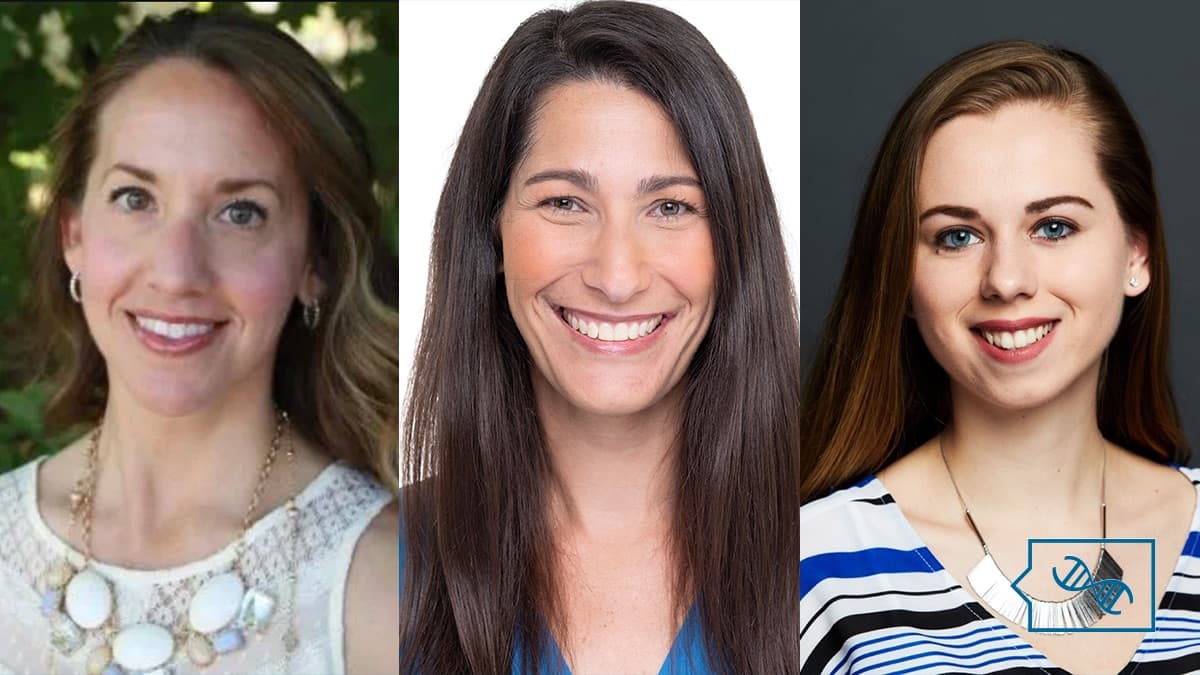Over the past decade, hereditary cancer genetic counseling has been rapidly evolving. With changes to delivery models
and the general genetic testing landscape, novel family history collection methods, and emerging new technologies,
patients often feel overwhelmed and unsure of how to take charge of their physical health. As this evolution
continues, genetic counselors, who are uniquely poised to guide patients and their family members through diagnosis
and treatment options, will play an invaluable role in shaping the future of cancer genetics. To prepare hereditary
cancer genetic counselors to step into this role, PhenoTips invited Jill Stopfer, Jessica Corredor, and Emily Nazar to
share their future predictions.
Jill Stopfer is a licensed genetic counselor and Associate Director of Genetic Counseling at the Dana Farber Cancer
Institute, working with individuals and families with hereditary risks to cancer, and on a number of research projects
looking to optimize the way genetic counseling is offered considering new testing and practice standards. Jill is a
graduate of the University of Michigan in Ann Arbor, with a Masters degree in Human Genetics and Genetic Counseling.
She was one of the first genetic counselors in the country to focus primarily in oncology and has worked over the
years on numerous educational and policy initiatives.
Jessica Corredor is a clinical genetic counselor at the University of Texas MD Anderson Cancer Center, where she
primarily sees patients in the breast center as well as pediatric and AYA (Adolescent and Young Adult) centers. Her
academic research is focused on hereditary cancer syndromes, specifically in hereditary breast cancer and hereditary
cancer syndromes affecting children, adolescents, and young adults. Jessica's syndrome-specific research interests
have focused on Li-Fraumeni syndrome, including cancer screening for patients with this syndrome. Additionally, she
has a special interest in the psychological effects of hereditary cancer syndromes on patients and their families. She
is particularly interested in genetic counseling and testing services in adolescents and young adults, determining
barriers to genetic testing, ensuring appropriate follow-up for hereditary cancer syndromes, and appropriate
communication of genetic information to all age groups.
Emily Nazar is a board-certified genetic counselor specializing in hereditary cancer. She is currently a Lead Genetic
Counselor for the Cancer Genetics team at Genome Medical, a telehealth company. Prior to joining Genome Medical, she
worked at M.D. Anderson Cancer Center in Houston and Our Lady of the Lake Regional Medical Center in Baton Rouge.
Emily is passionate about helping individuals understand their personal risk factors and empowering them to pursue
early detection and preventative strategies.
In this panel discussion, thought leaders and hereditary cancer genetic counselors, Jill Stopfer, Jessica Corredor, and Emily Nazar, address:
-
The latest technological advancements and changes to delivery models
-
Barriers in the specialty and methods to overcome them
-
Strategies to prepare genetic counselors for the future
-
Methods to improve the accessibility of genetic counseling services

